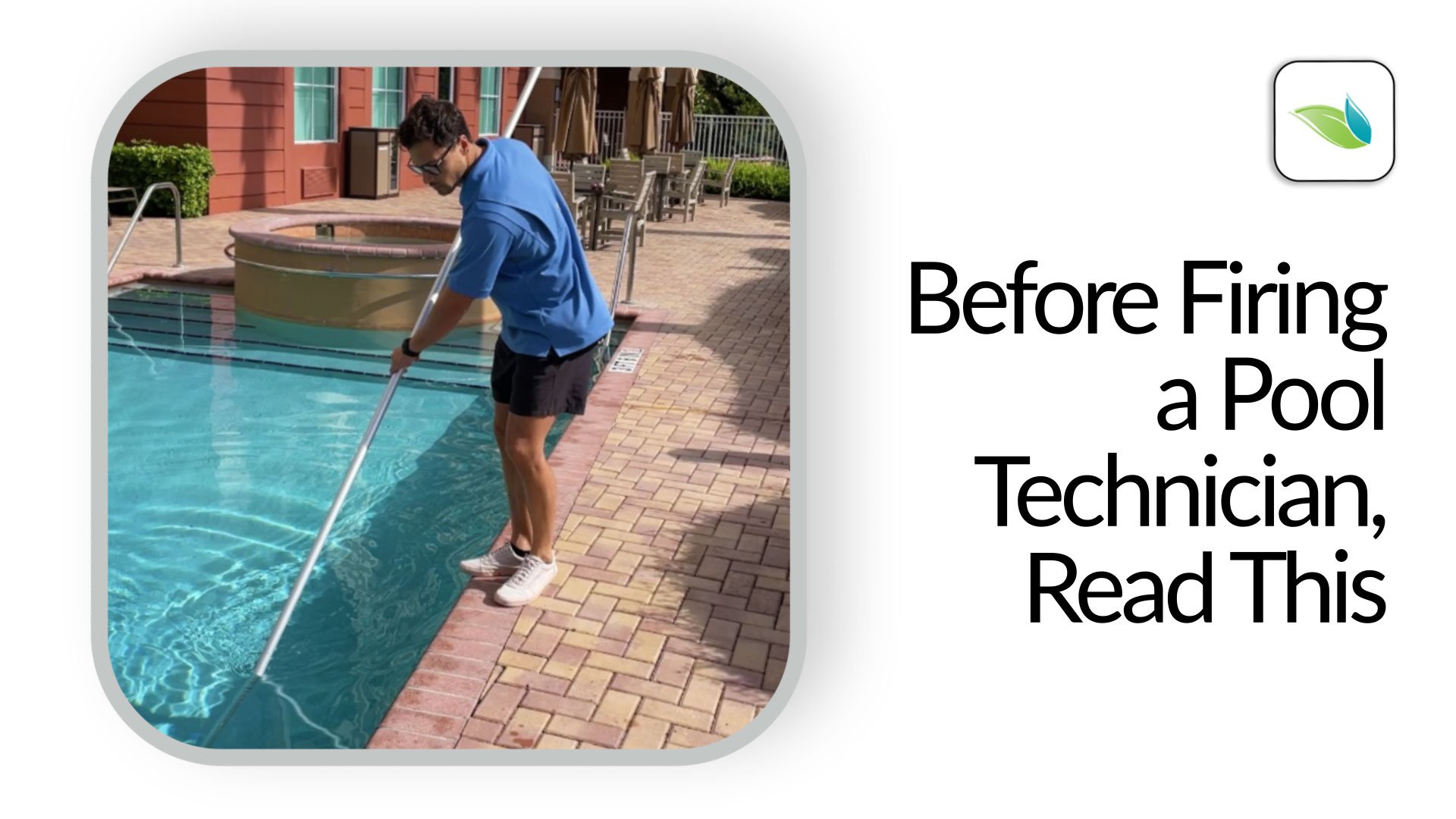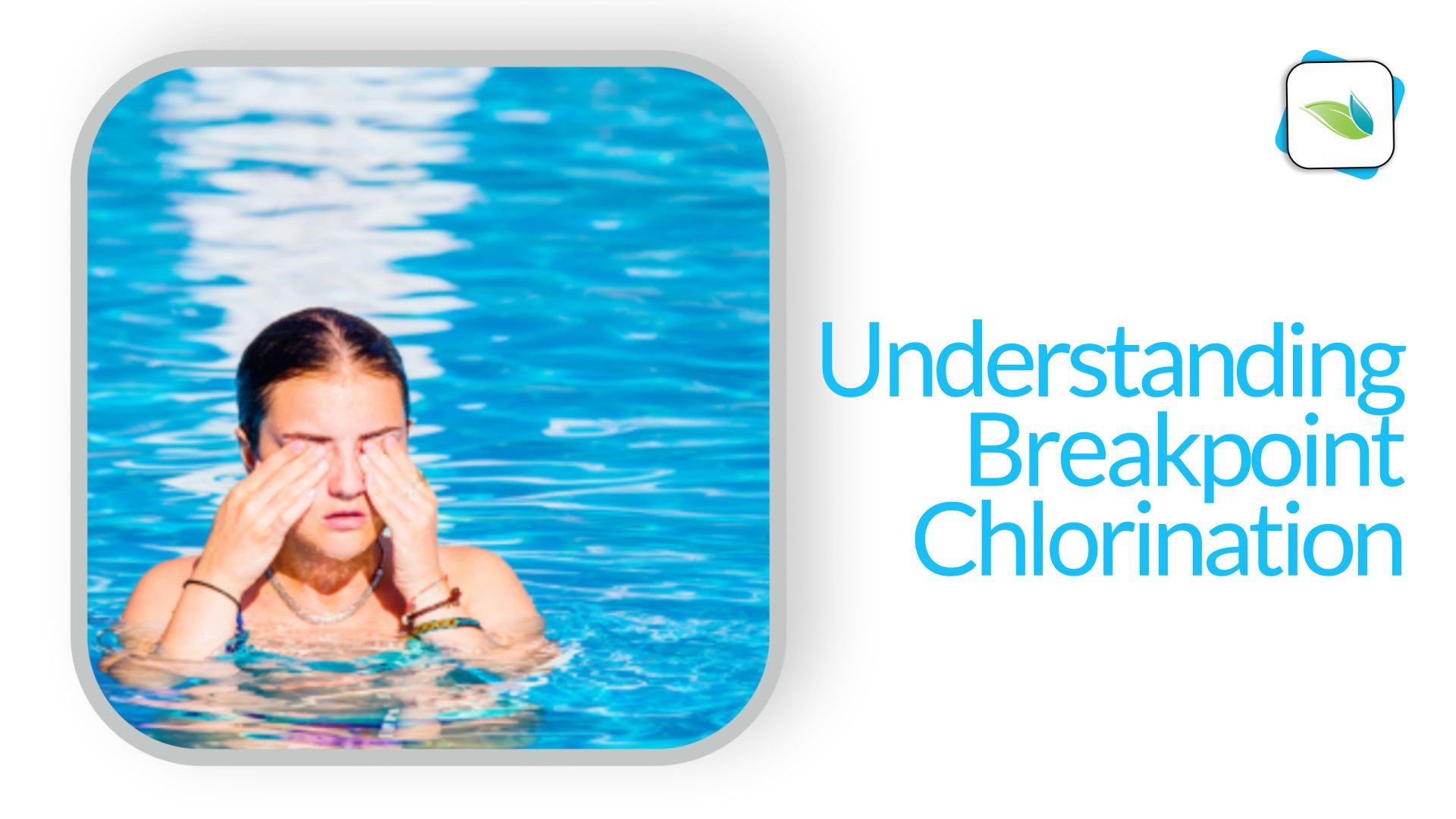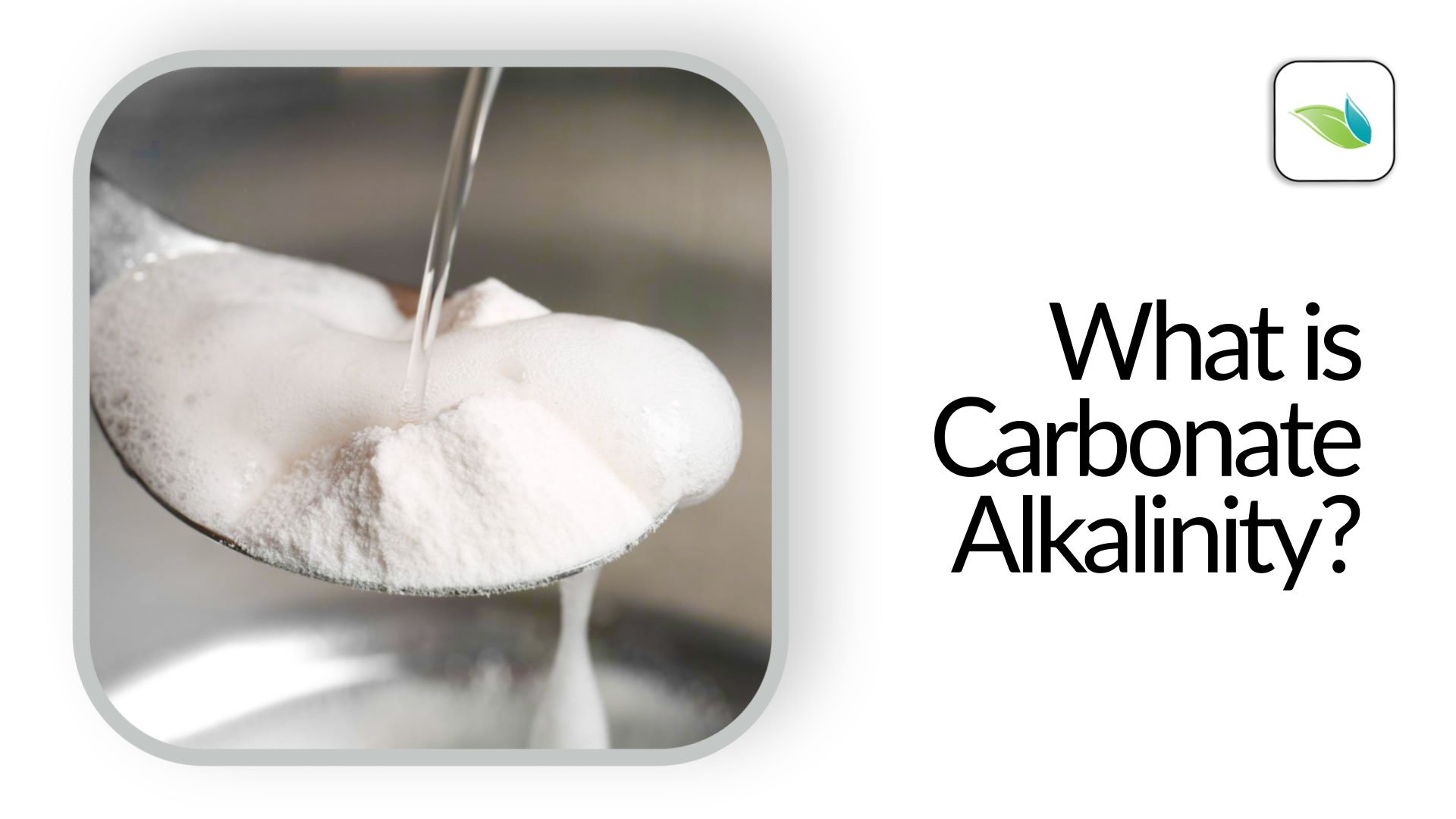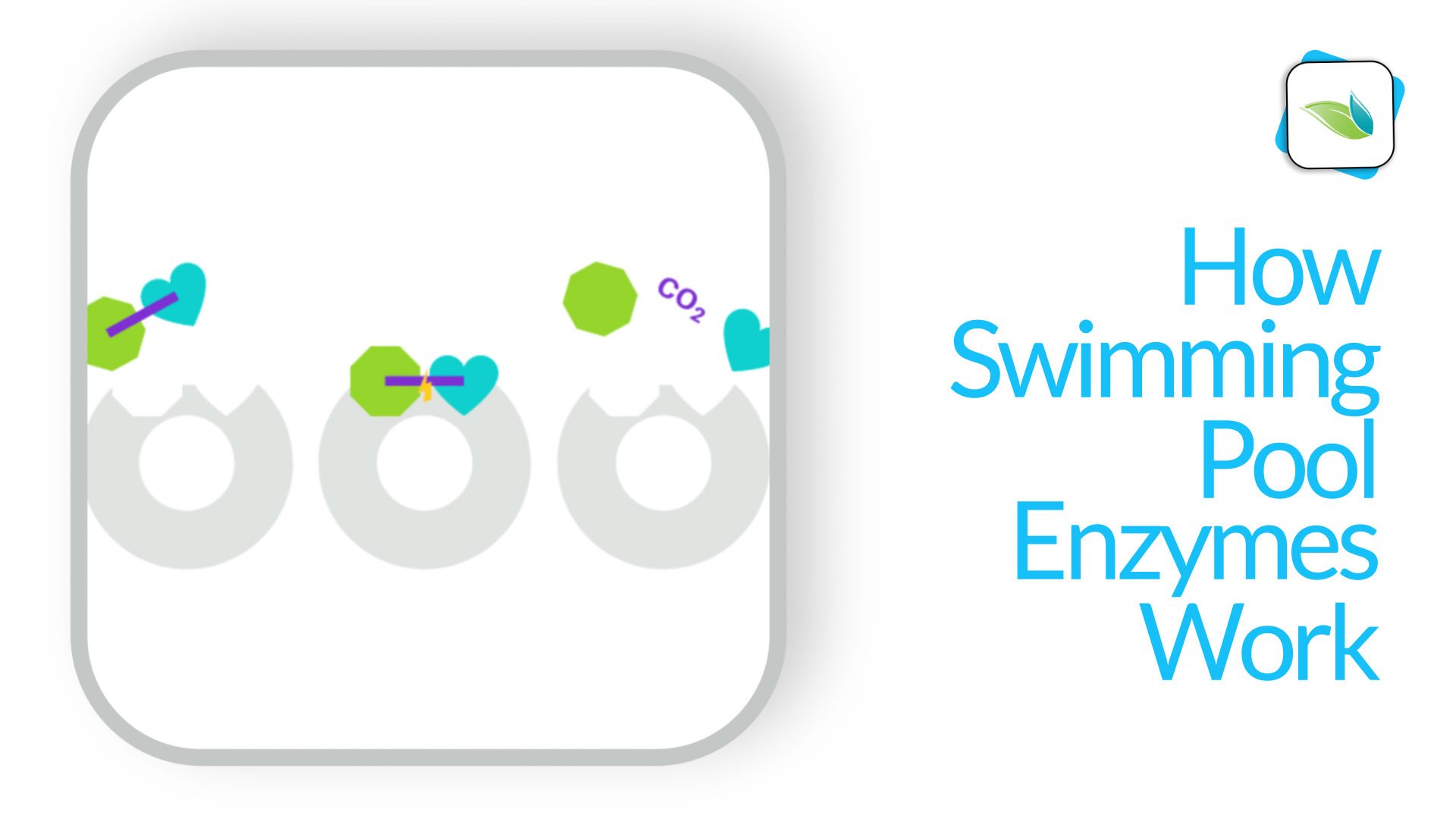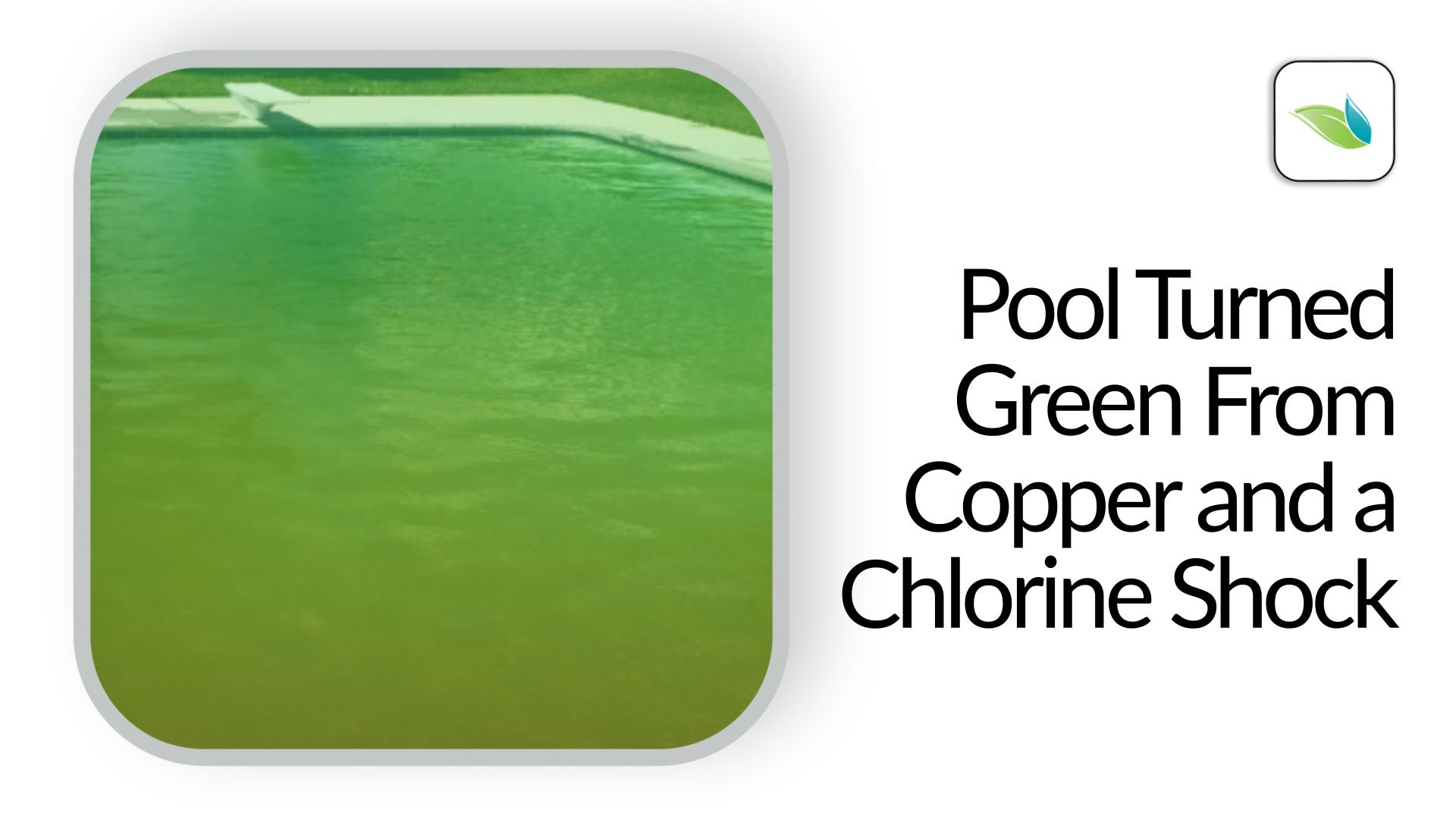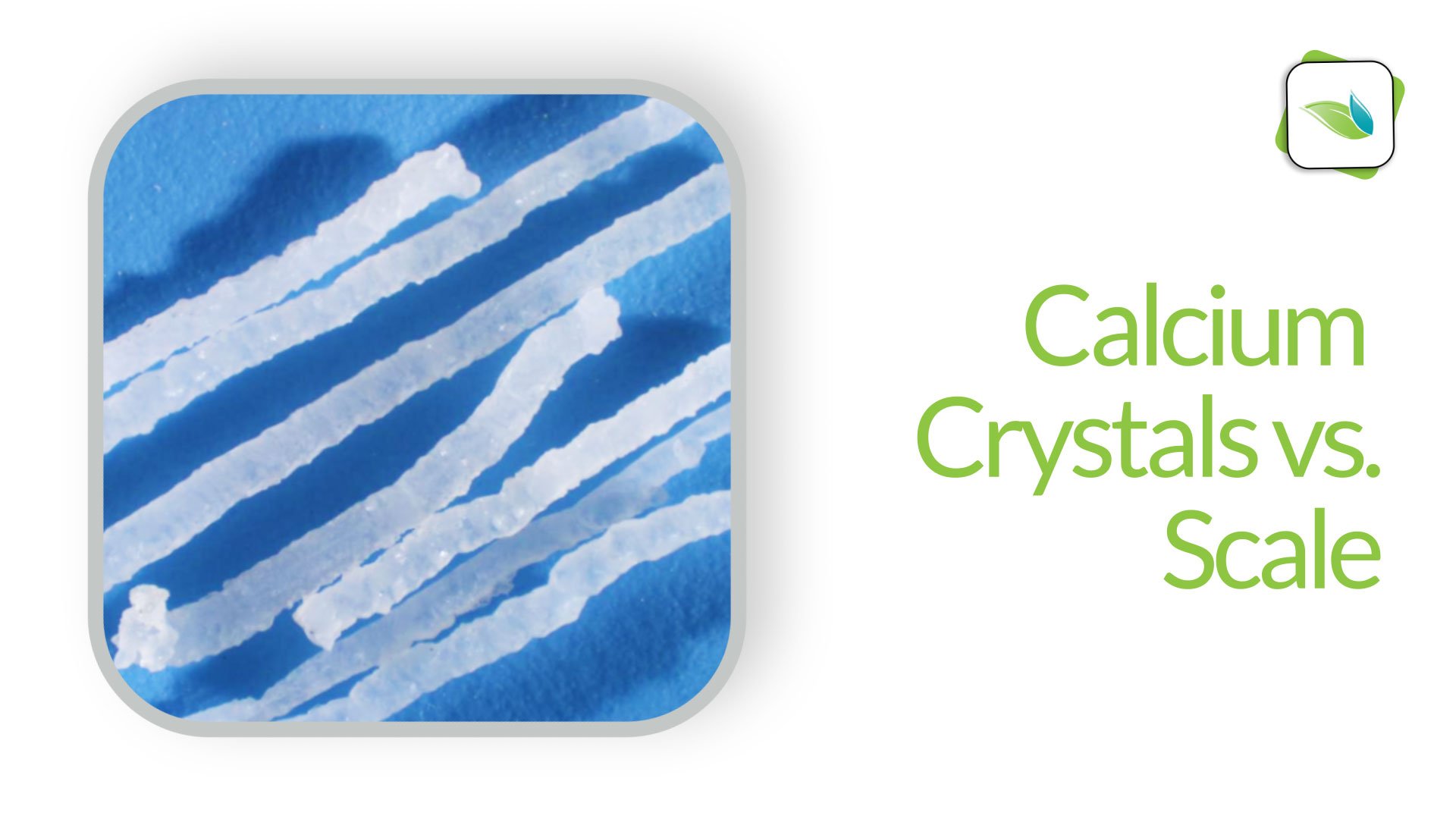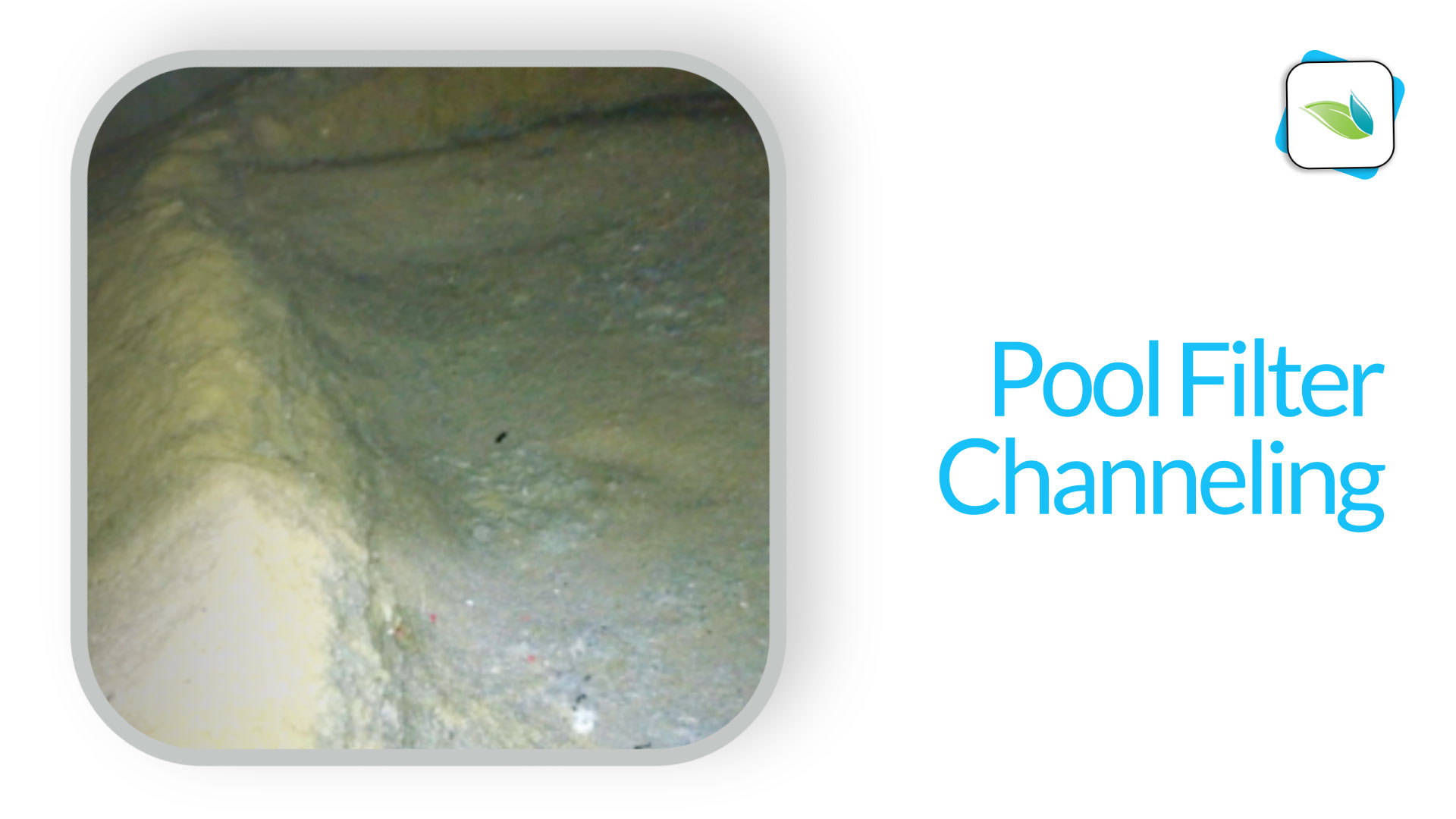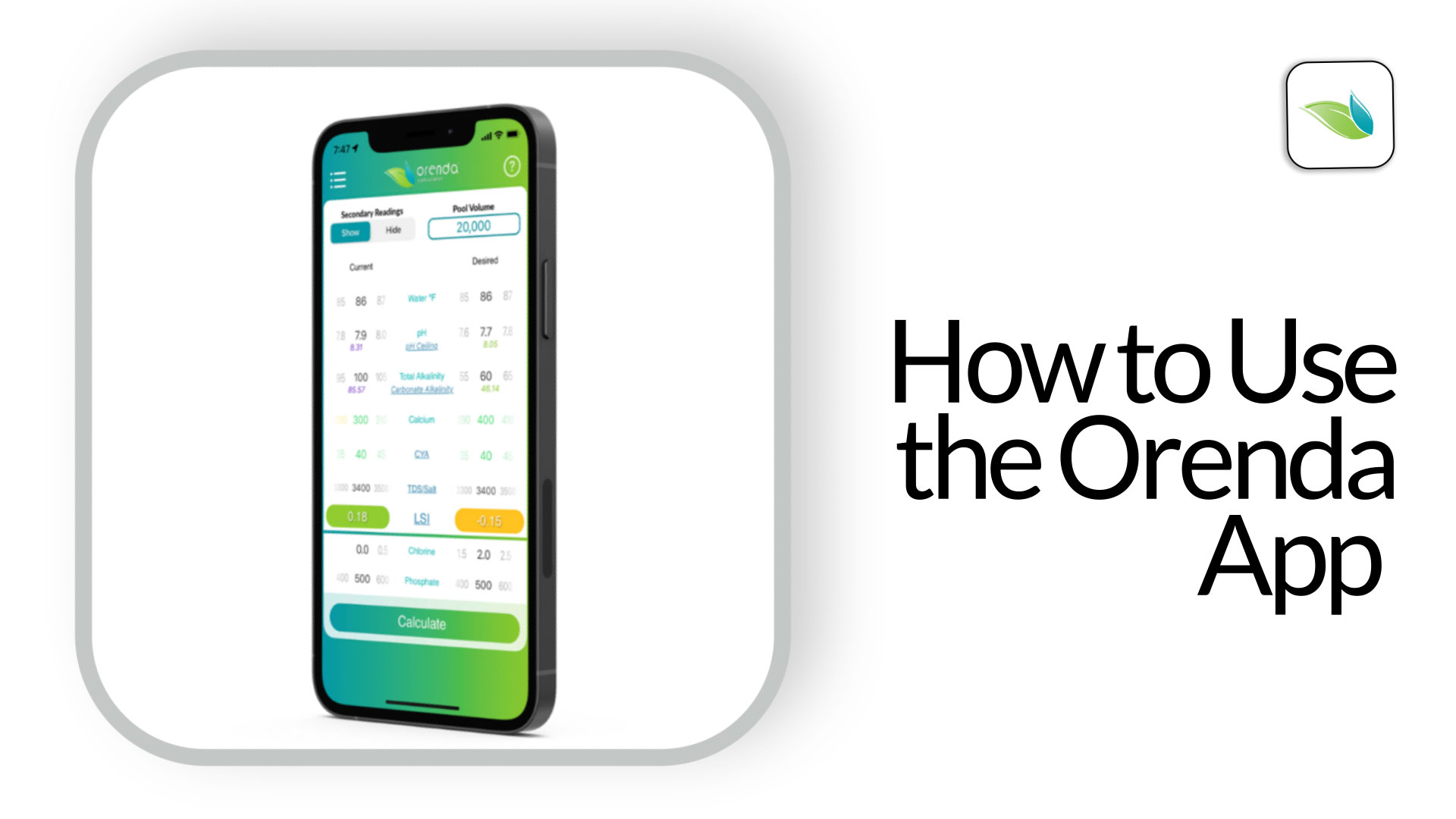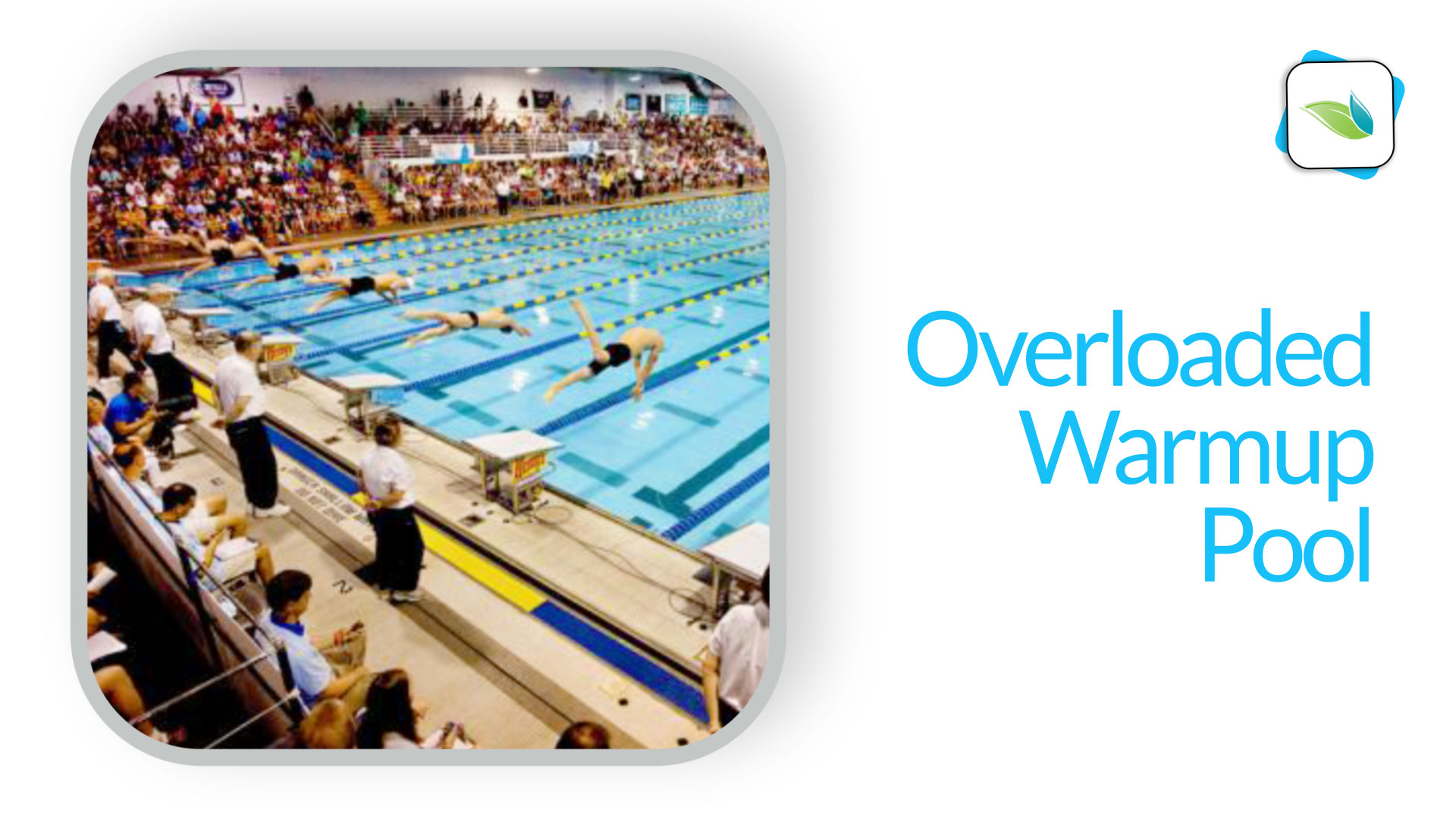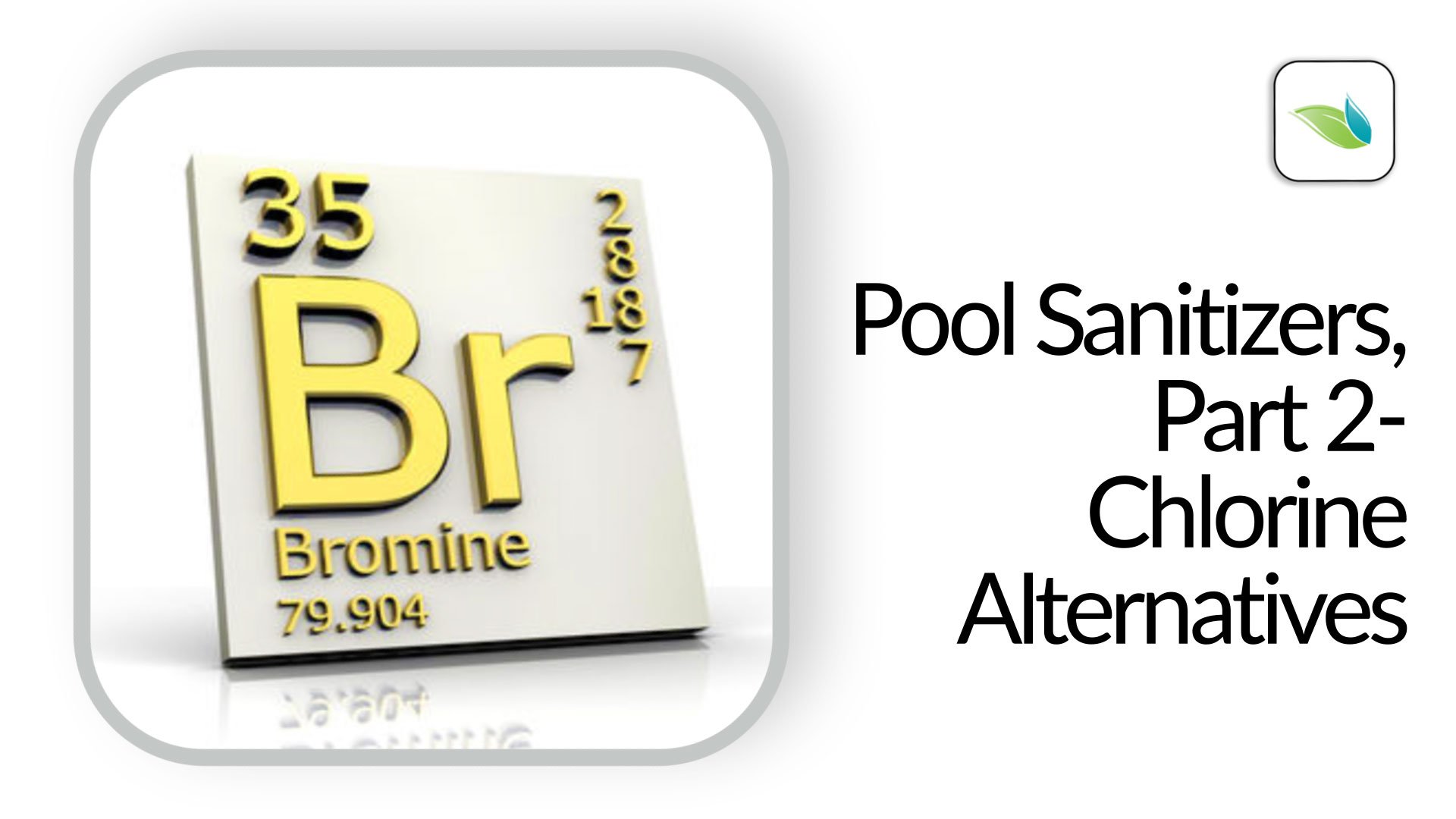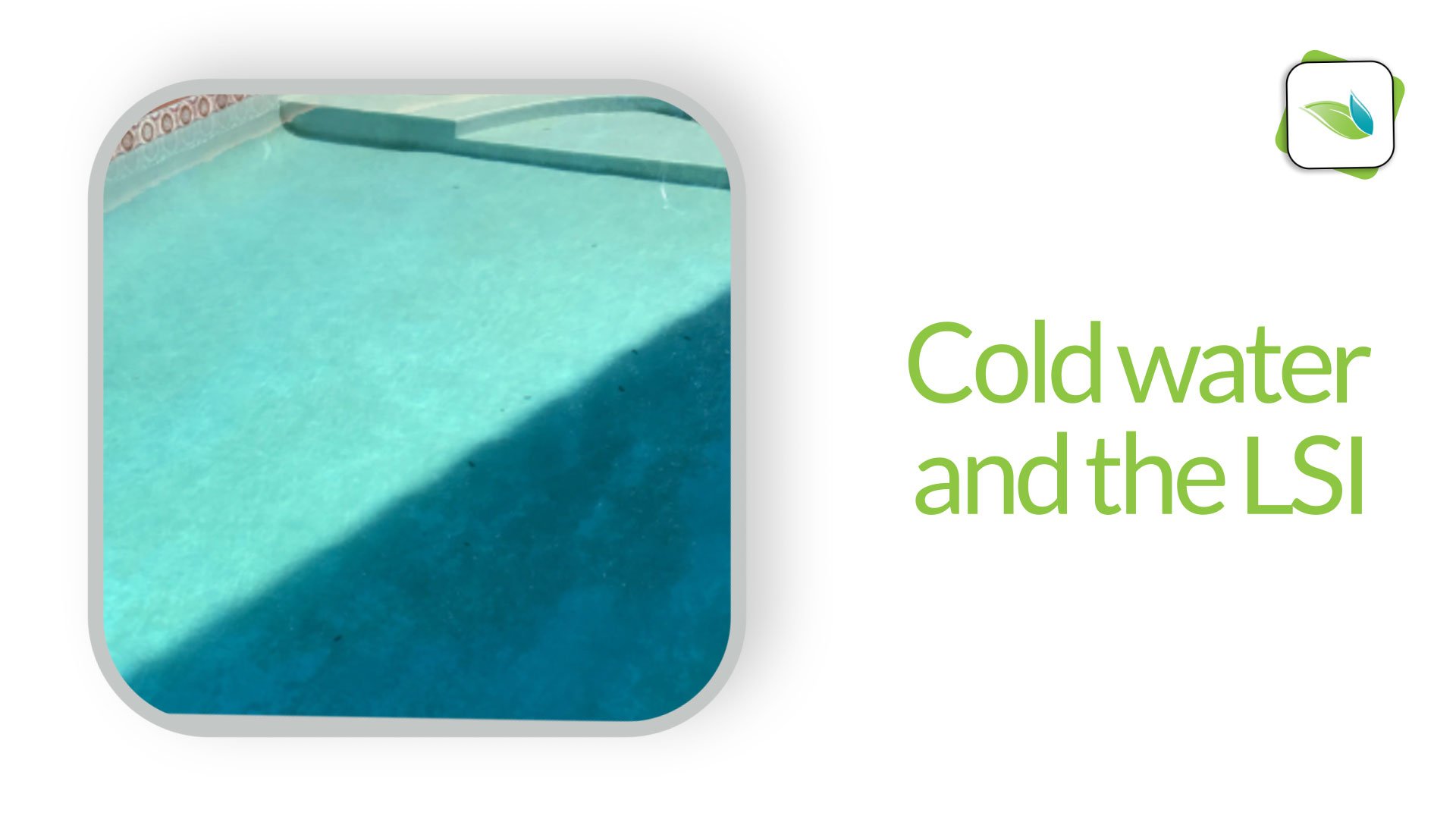If you have ever opened a winterized swimming pool in the spring and found calcification on the walls and floor, it is most likely not scale. The odds are it's actually calcite crystals in your pool. This article will explain the differences between scale and crystals, as well as how to treat and prevent the crystals from coming back.
NOTE: This article has been revised from its original version due to learning more from laboratory results. We still have more unanswered questions about crystals than we have answers. Why do they harden? How many forms are there (we know of at least 3)? Why are some crystals easy to clean up, and others stubborn? What common denominators are involved, beyond cold water and lack of calcium hardness?

